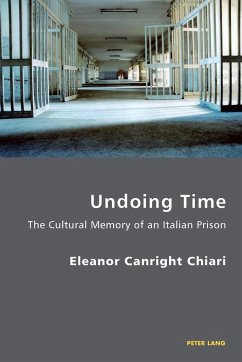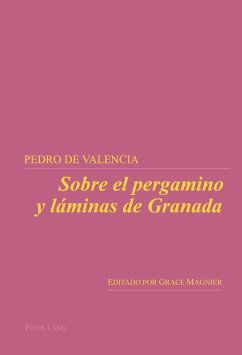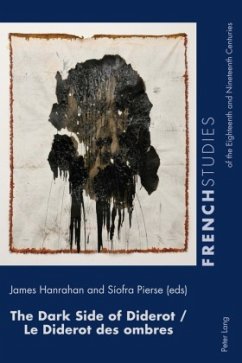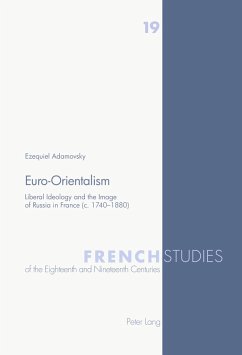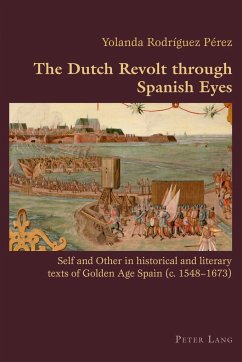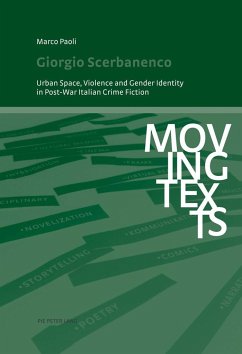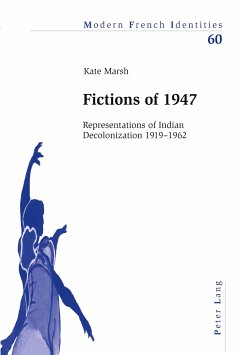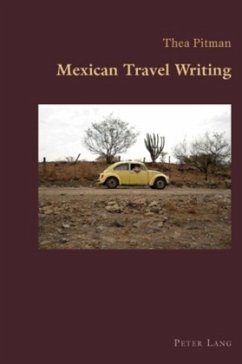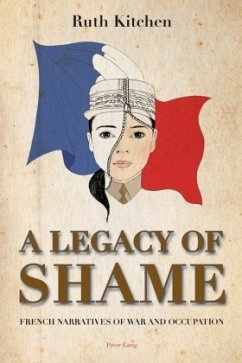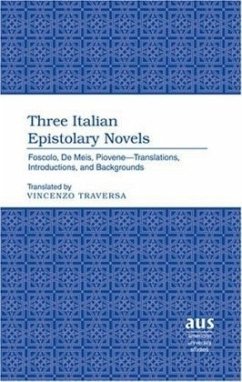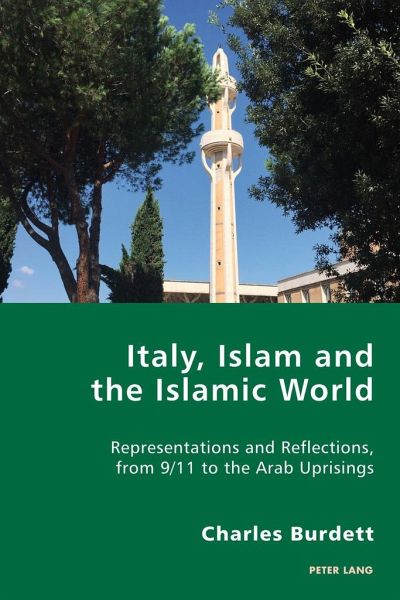
Italy, Islam and the Islamic World
Representations and Reflections, from 9/11 to the Arab Uprisings
Versandkostenfrei!
Versandfertig in 6-10 Tagen
71,90 €
inkl. MwSt.

PAYBACK Punkte
0 °P sammeln!
The recent emergence and increasing visibility of Islam as Italy's second religion is an issue of undeniable importance. It has generated an intense and often polarized debate that has involved all the cultural, political and religious institutions of the country and some of its most vocal and controversial cultural figures. This study examines some of the most significant voices that have made themselves heard in defining Italy's relationship with Islam and with the Islamic world, in a period of remarkable geopolitical and cultural upheaval from 9/11 to the Arab Spring. It looks in detail at ...
The recent emergence and increasing visibility of Islam as Italy's second religion is an issue of undeniable importance. It has generated an intense and often polarized debate that has involved all the cultural, political and religious institutions of the country and some of its most vocal and controversial cultural figures. This study examines some of the most significant voices that have made themselves heard in defining Italy's relationship with Islam and with the Islamic world, in a period of remarkable geopolitical and cultural upheaval from 9/11 to the Arab Spring. It looks in detail at the nature of the arguments that writers, journalists and intellectuals have adduced regarding Islam and at the connections and disjunctions between opposing positions. It examines how events such as military intervention in Afghanistan and Iraq or the protests in Tahrir Square have been represented within Italy and it analyses the rhetorical framework within which the issue of the emergenceof Islam as an internal actor within Italian civil society has been articulated.



